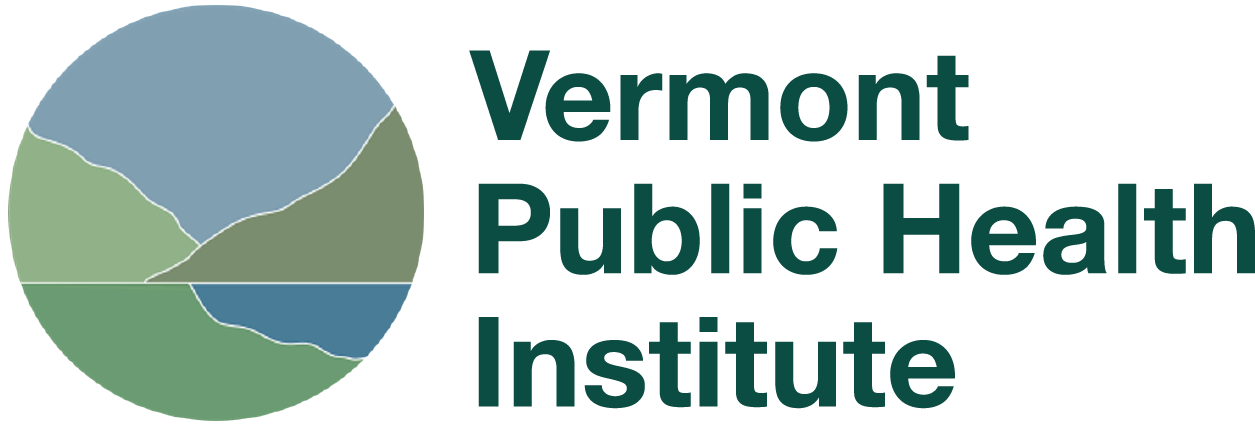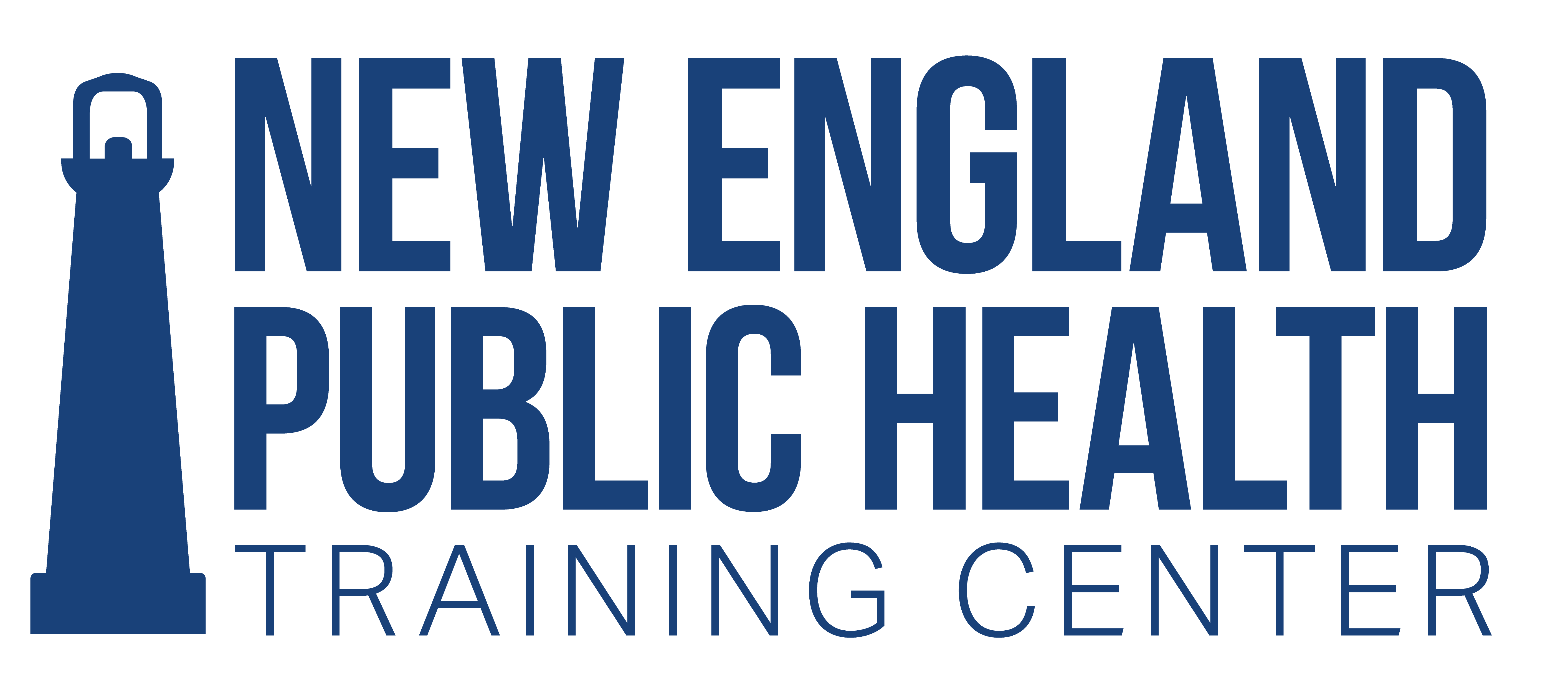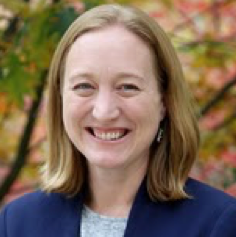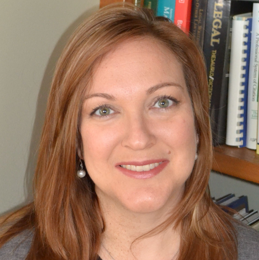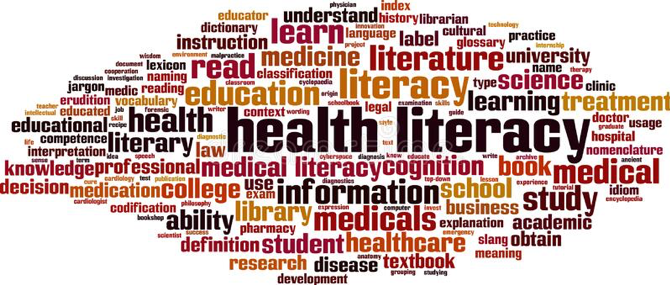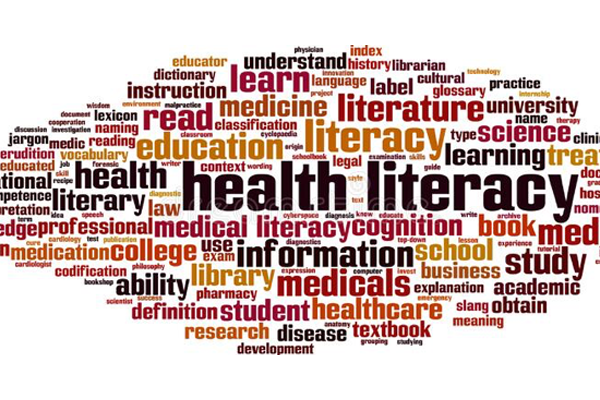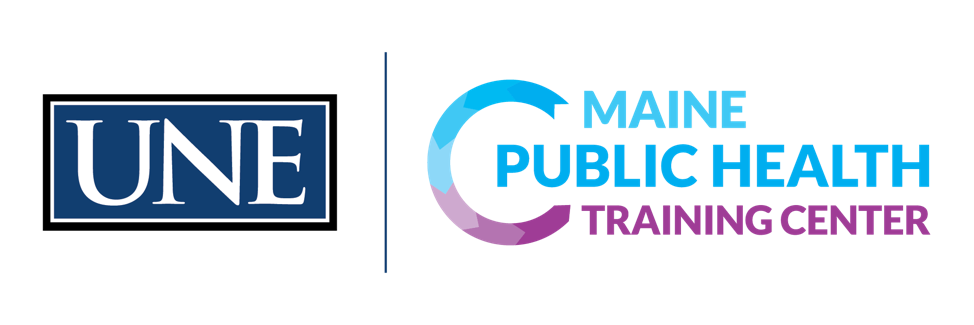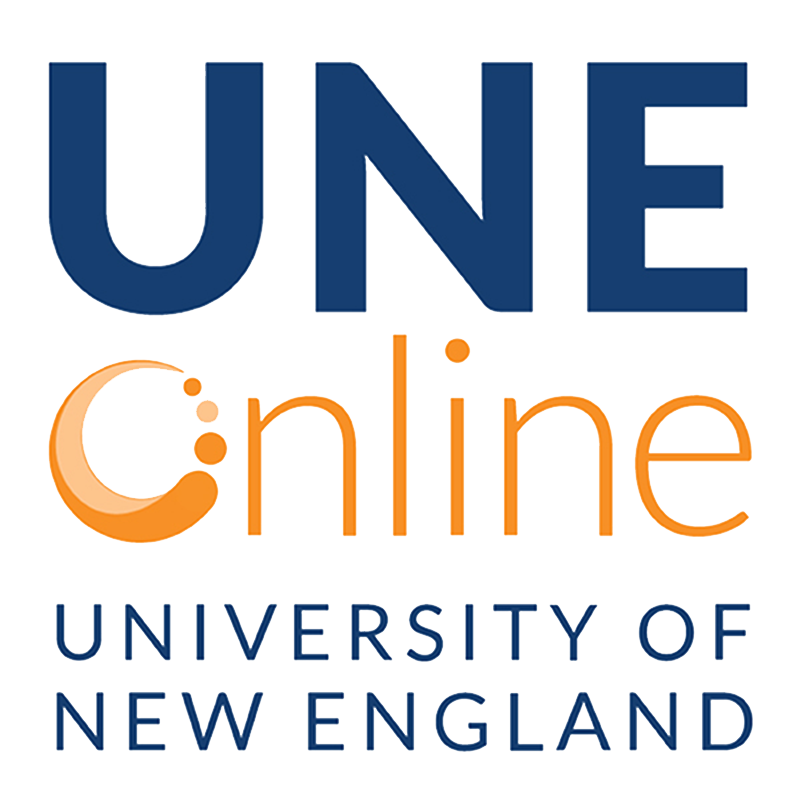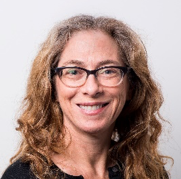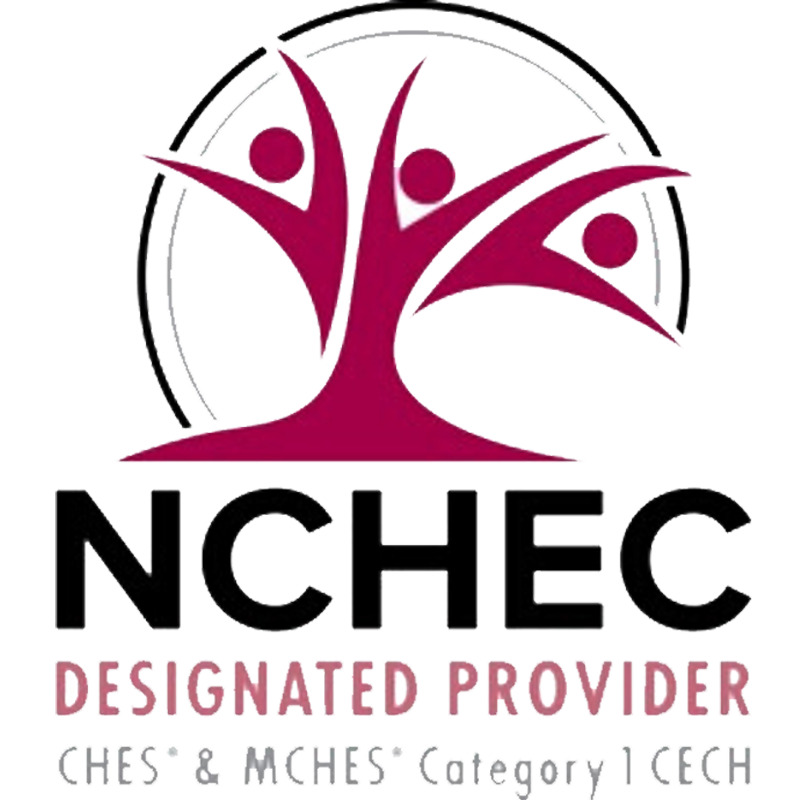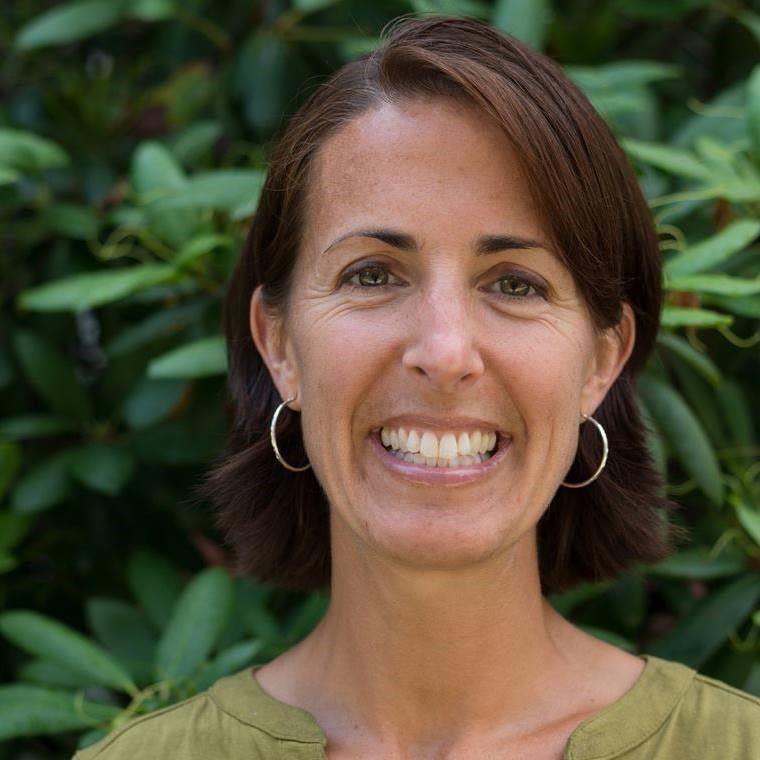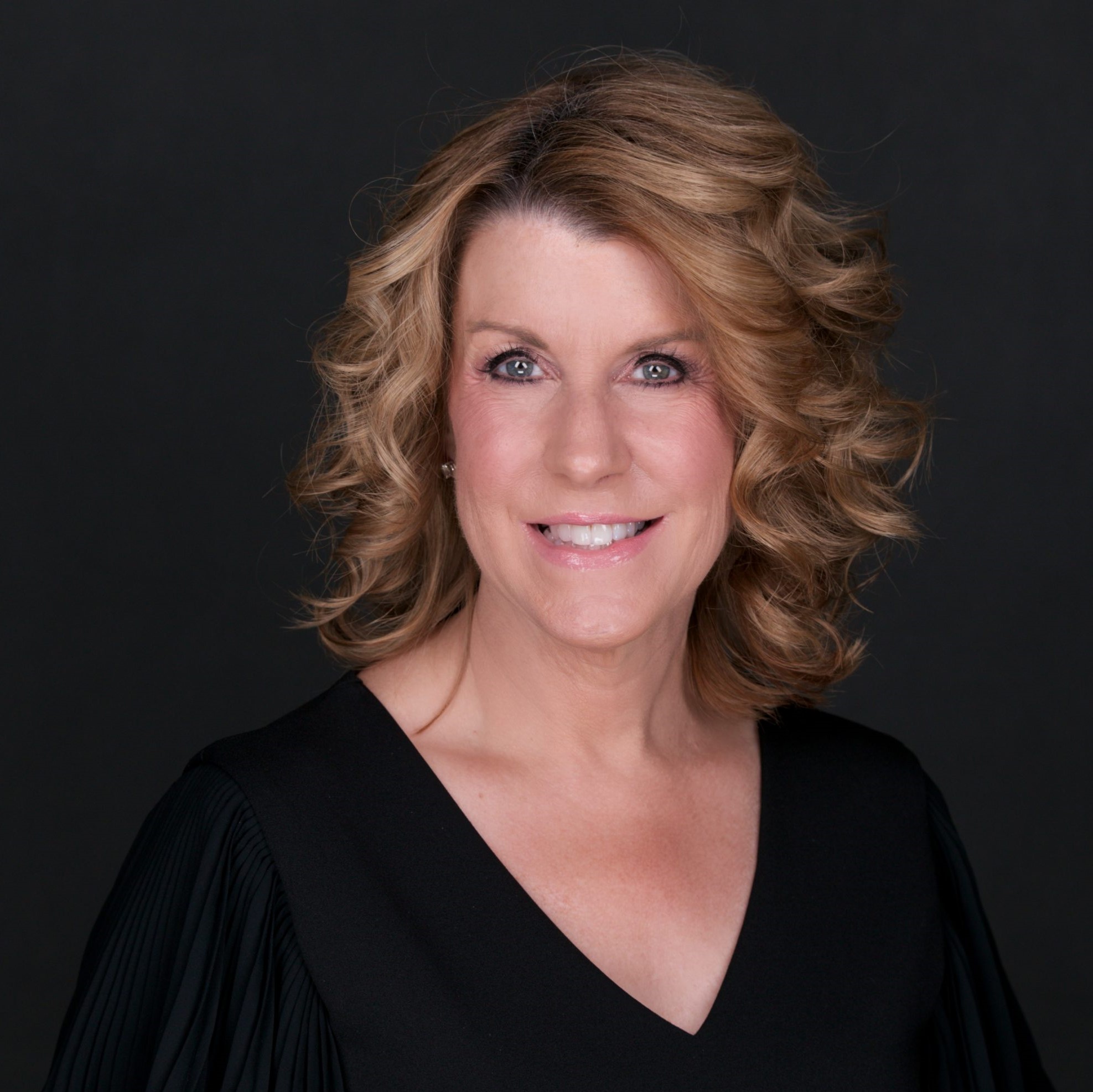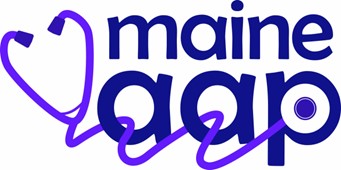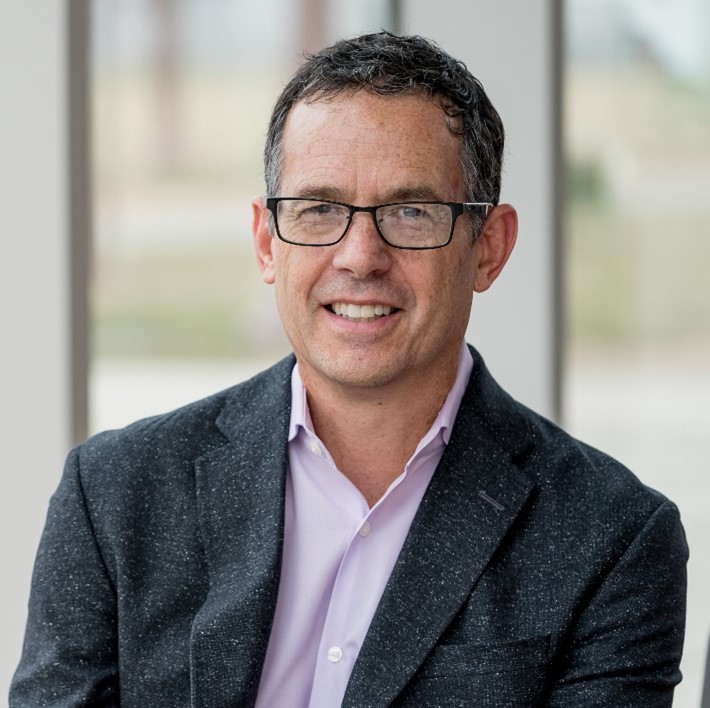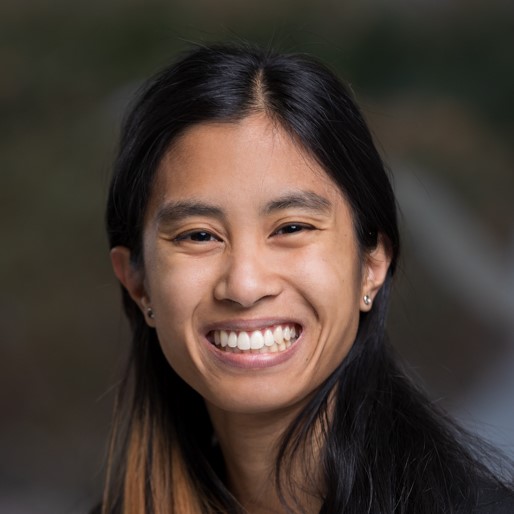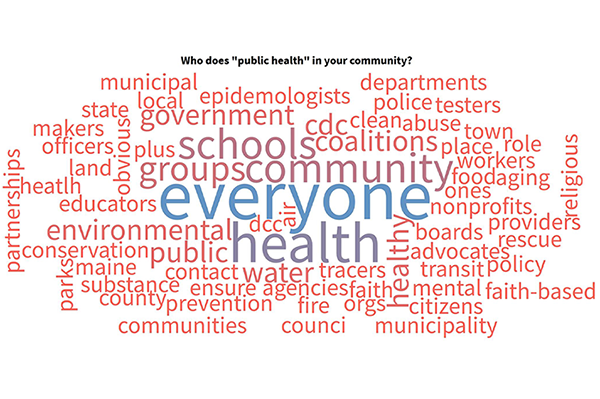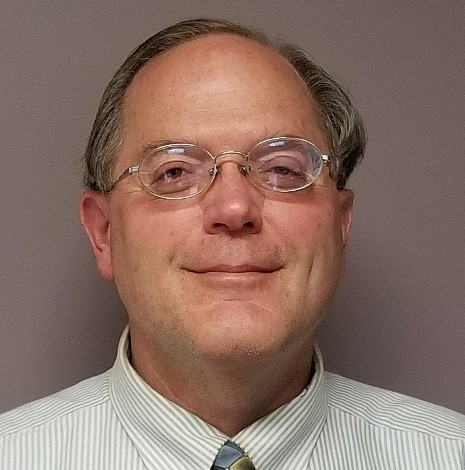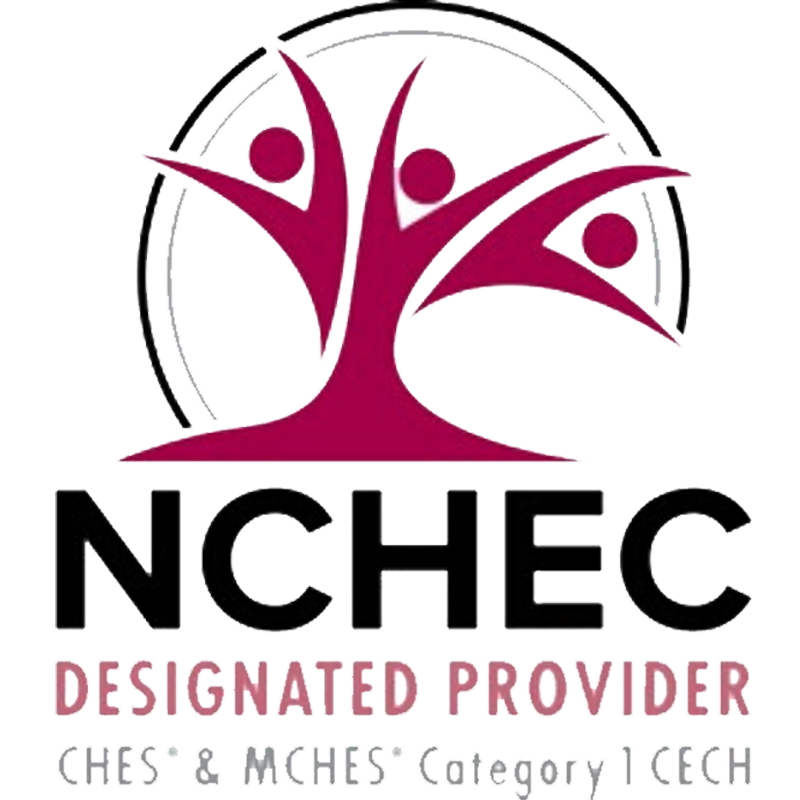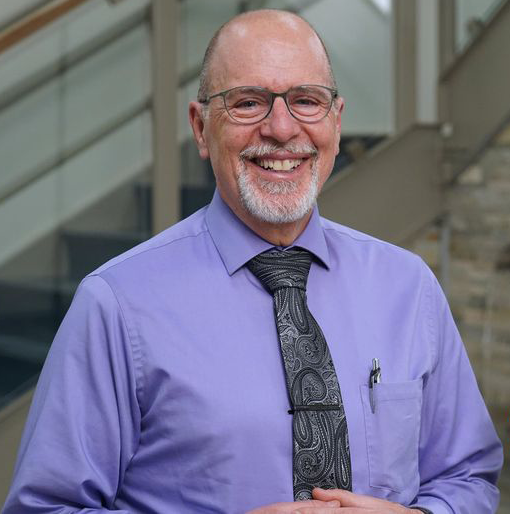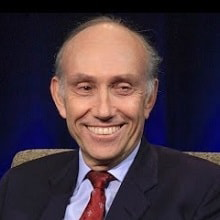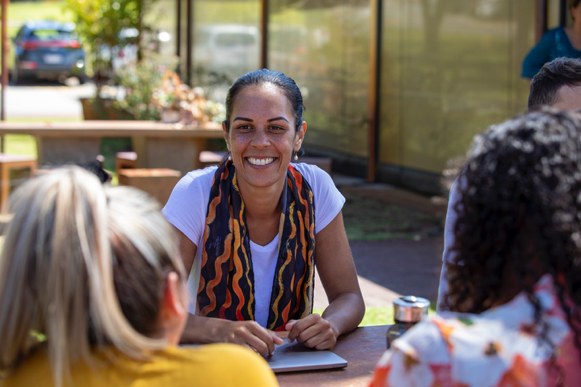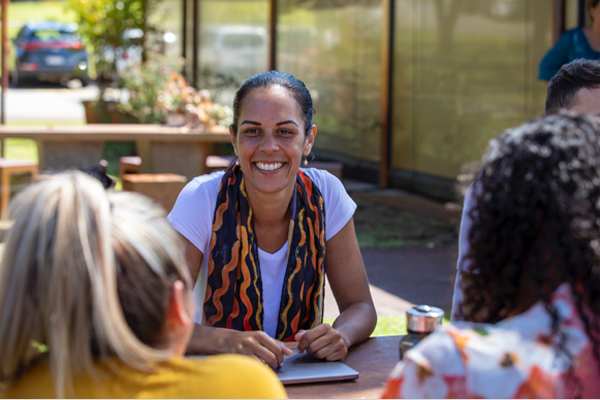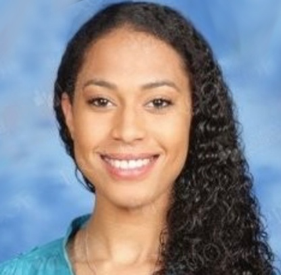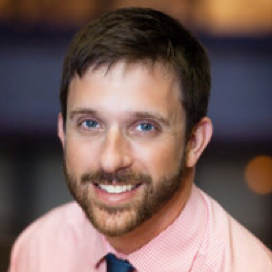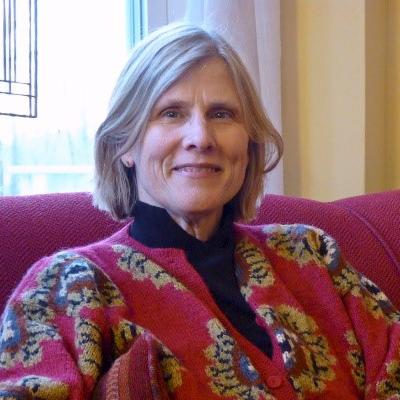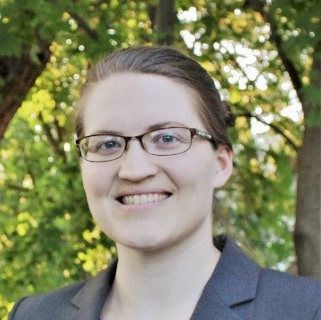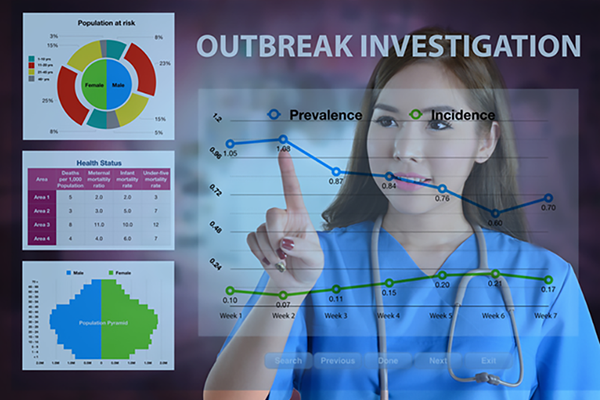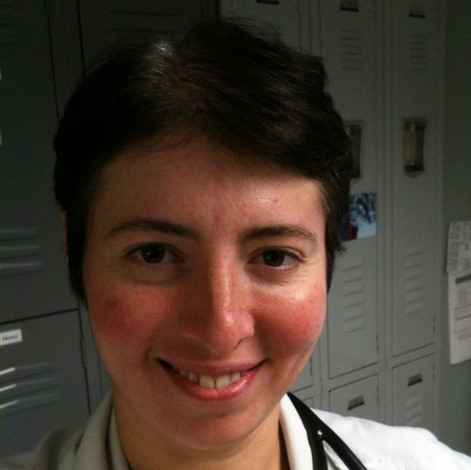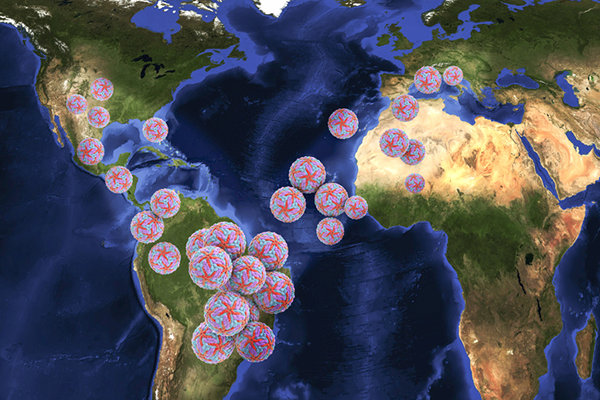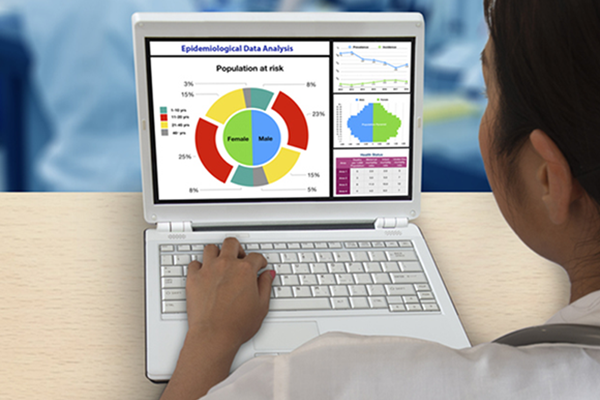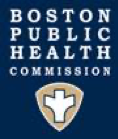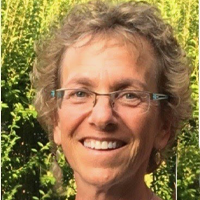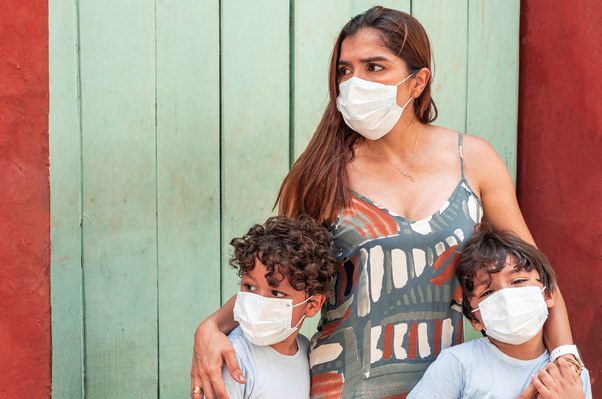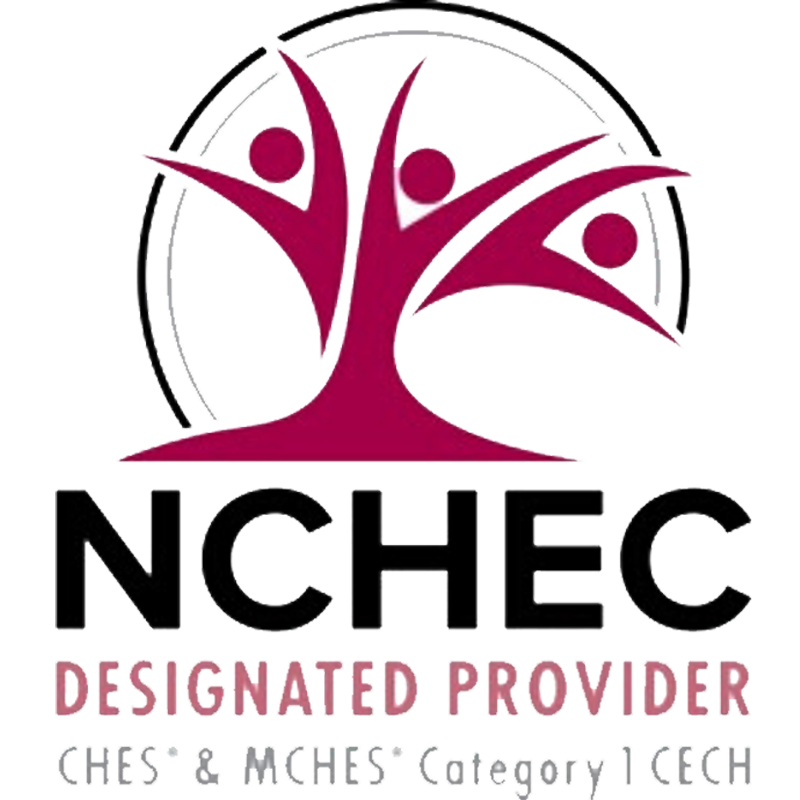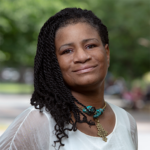
Course Information
- Audience: Public Health Professionals in Vermont, District Directors, Person(s) representing the Backbone (a/k/a Integrator) organization, and persons with personal experience or professional interest addressing health inequities.
- Format: Learning Community
- Date/Time: Recurring for duration of CDC Grant to Address Health Disparities 2022-2023
- Price: Free
- Length: Various
- Credential(s) eligible for contact hours: None
Description
The VT CHEP believes that true change begins at the local level.Since its start in January 2022, our focus is to engage, empower, and support local communities. The VT CHEP is a statewide initiative with a regional approach. We partner with local community teams to be sure the work is informed by community voices and to fund local initiatives that address health inequities of those most negatively impacted by the COVID-19 pandemic.
This course page allows teams to access video and resources from meetings and links to documents and chat platforms and will be updated regularly.
Vermont Public Health Institute
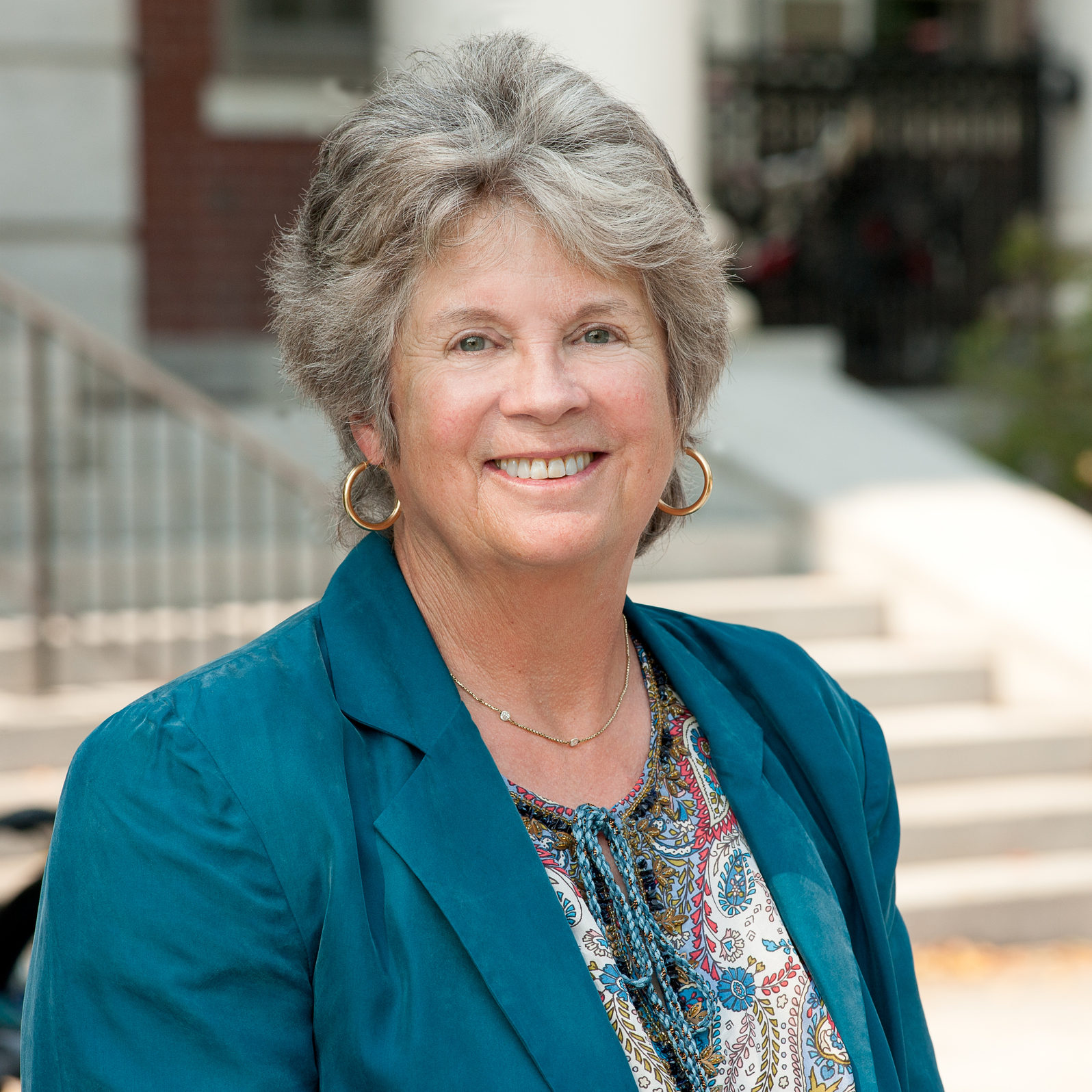
Penrose Jackson
President and CEO, Vermont Public Health Institute
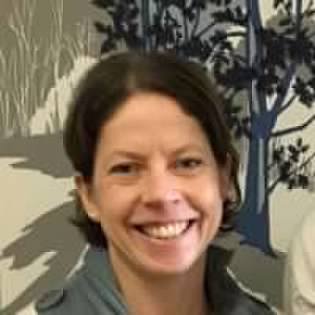
Cathy Aikman
Operations Manager, Vermont Public Health Institute
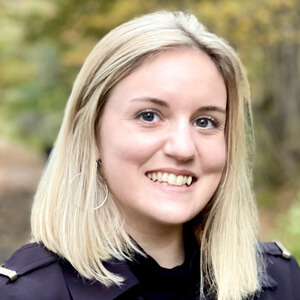
Kyra Wood
District Liaison,
Vermont Public Health Institute
Penrose Jackson serves as CEO of the Institute. She served for 15 years as Community Health Improvement director at the University of Vermont Medical Center, leaving that position in late 2018. During her time with CHI she provided leadership to three Community Health Needs Assessments, as well as to establishment of the Community Health Team and Medication Assisted Treatment team at the Medical Center. She continues to serve as an Advisory Board member of the Association for Community Health Improvement, a subsidiary of the American Hospital Association. She currently works with diverse clients on project planning and management, fund-raising, and population health.
Cathy Aikman, MA, is passionate about working at non-profits furthering their missions to improve the lives of the people in our communities. Her focus, in most recent years, has been in the public policy arena focused on addiction and recovery. She was the Assistant Director at the Turning Point Center of Chittenden County, Project Manager at Aspenti Health and former Executive Director for the Chittenden County Opioid Alliance, which she joined in May 2016. She also has great interest in the community mental health field and has worked as the Quality Assurance Coordinator at Washington County Mental Health Services, Project Director for Starting Over Strong VT, a FEMA grant statewide crisis counseling program in response to Hurricane Irene and her most recent position as the Project Director for another FEMA crisis counseling program grant providing mental health supports to community members during the pandemic for COVID Support VT. She gained extensive marketing and project management skills, early in her career, as the Volunteer and Marketing Coordinator for the Richmond Floodplain Forest Restoration Project, the Event and Marketing Coordinator for Gardener’s Supply Co., as well as the Corporate Volunteer Event Coordinator for Boston Cares. Cathy received her Master’s degree from Tufts University with a focus on Urban and Social Policy after receiving her Undergraduate degree at Ripon College majoring in Sociology and minoring in Environmental Biology. She has a passion to serve her community, outside of her workday, and has volunteered at various organizations including Feeding Chittenden, Mount Mansfield Union High School Boosters, Terracycle, and had various positions on the Turning Point Center of Chittenden County Board for over four years.
Kyra works full-time position for the Vermont Community Health Equity Partnership. She works directly with the Vermont Department of Health Districts and the backbone/integrator staff. Kyra provides community team alignment and facilitates opportunities for backbone/integrator staff to work and learn from each other as well as across districts. Kyra plays a key role in providing training and support to each district. She oversees logistical coordination and management of grant components to ensure achievement of grant goals.
Registration
Select the Enroll Me button below to register for this course. If you have any trouble accessing content, contact support@nephtc.org.
Acknowledgement: This project is/was supported by the Health Resources and Services Administration (HRSA) of the U.S. Department of Health and Human Services (HHS) under grant number UB6HP31685 “Regional Public Health Training Center Program.” This information or content and conclusions are those of the author and should not be construed as the official position or policy of, nor should any endorsements be inferred by HRSA, HHS or the U.S. Government.


